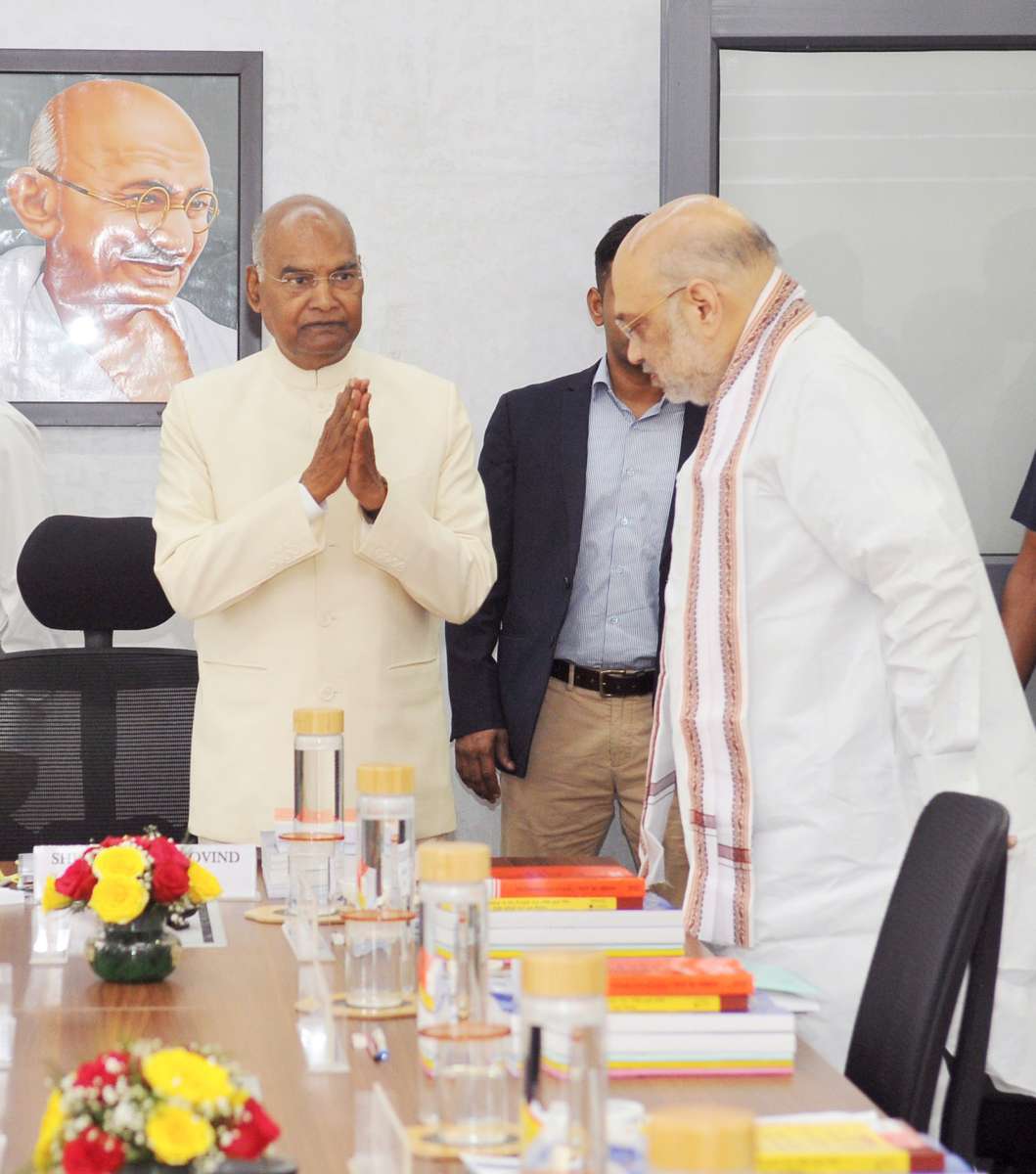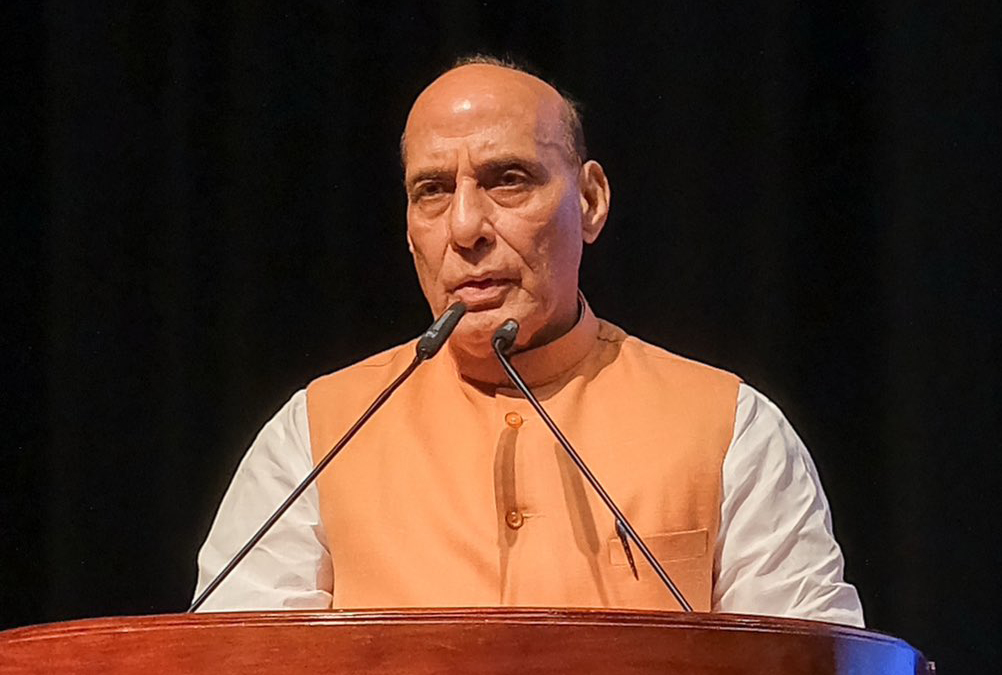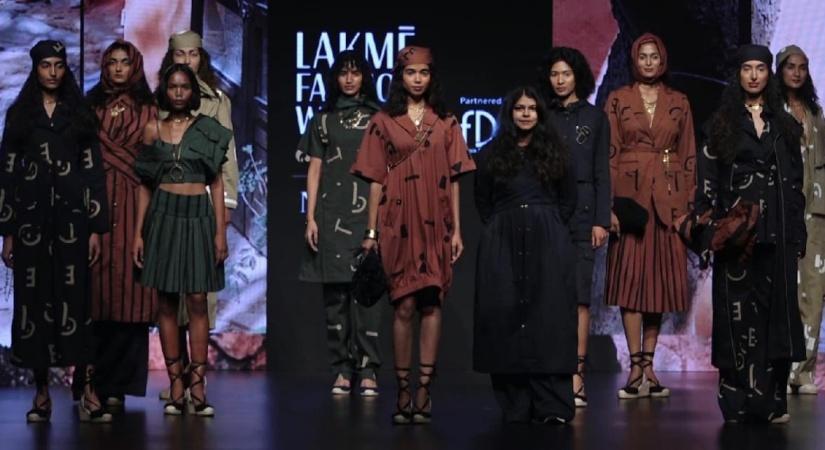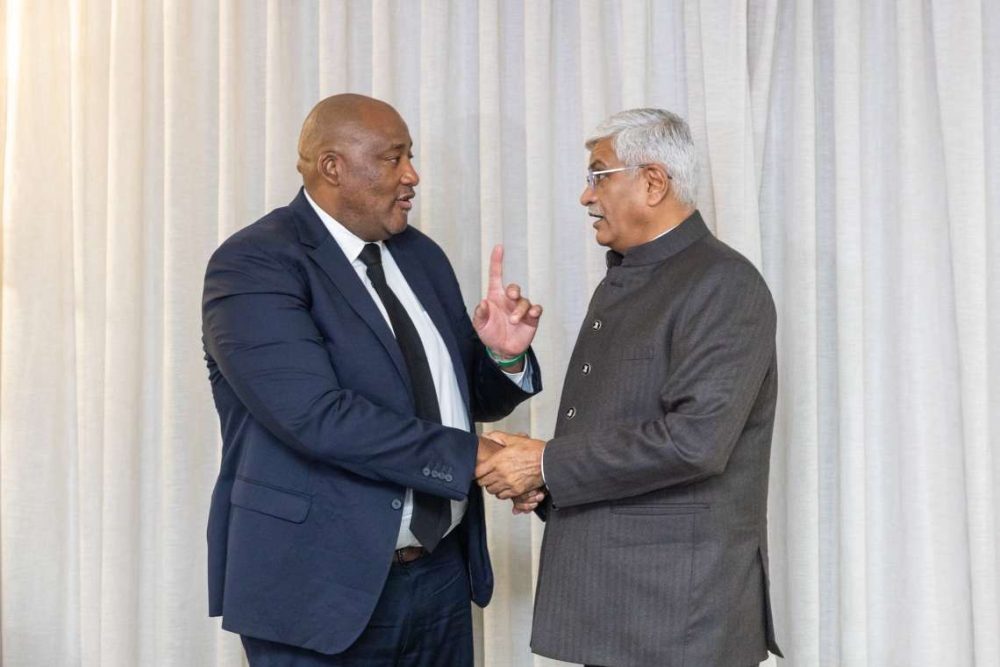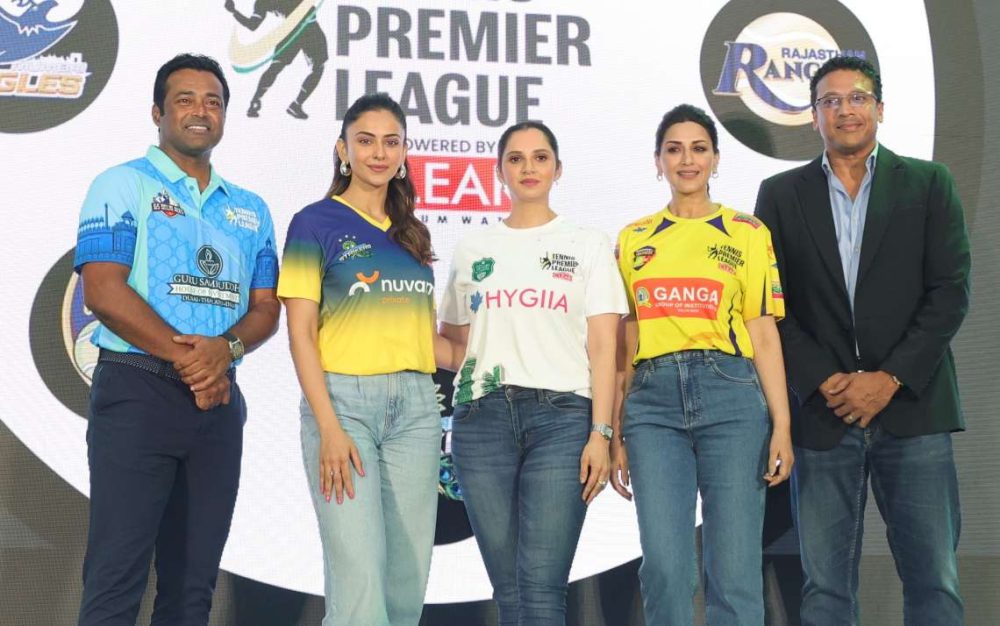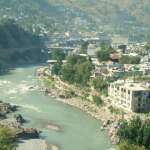The committee, chaired by former President Ram Nath Kovind, is likely to recommend a concrete model for one nation-one election for synchronising the different poll cycles…reports Asian Lite News
The high-level committee set up by the government to draw a roadmap for holding simultaneous elections is expected to submit an eight-volume report, running into 18,000 pages, to President Droupadi Murmu on Thursday, sources said.
The committee, chaired by former President Ram Nath Kovind, is likely to recommend a concrete model for one nation-one election — as opposed to suggesting options — for synchronising the different poll cycles, it is learnt.
The committee is reported to have deliberated on a number of options for ensuring continuity of simultaneous elections.
According to sources, it also debated the German model of constructive vote of no-confidence — where a no-confidence motion against the incumbent can be brought if there is a positive vote of confidence in a successor — but decided against recommending it. The panel found it to be “against the tenets of Indian democracy”, a source said.
One Nation, One Election The committee is reported to have deliberated on a number of options for ensuring continuity of simultaneous elections.
The Law Commission, in its 2018 draft report, had recommended the “constructive vote of no-confidence” as a way to ensure stability of governments.
The panel met representatives of political parties, retired Chief Justices, former Chief Election Commissioners, industrialists and economists as a part of its consultations with stakeholders. It also invited comments from the public in January. In a statement in January, the committee said it had received 20,972 responses, of which 81 per cent were in favour of simultaneous elections.
While it is learnt that the committee wrote to the Election Commission (EC) asking for a meeting at least twice, the EC did not meet the committee but sent its written response. The committee also examined the macroeconomic impact of simultaneous elections, as well as the implications on crime rate and education outcomes.
Joint polls see high GDP growth, low inflation: Kovind committee told Asaduddin Owaisi presents AIMIM’s submissions to One Nation, One Election panel chairperson Ram Nath Kovind in the presence of members N K Singh and Rajiv Mani. (File photo)
The Union Law Ministry had appointed the committee in September 2023 to make recommendations for holding simultaneous elections to the Lok Sabha, State Assemblies, municipalities and panchayats.
Apart from Kovind, the committee includes Home Minister Amit Shah, former Leader of Opposition in the Rajya Sabha Ghulam Nabi Azad, former Finance Commission chairperson N K Singh, former Lok Sabha Secretary-General Subhash C Kashyap, senior advocate Harish Salve, and former Chief Vigilance Commissioner Sanjay Kothari.
Adhir Ranjan Chowdhury, leader of the Congress in Lok Sabha, was included in the committee too, but he declined to be a part of it, saying it was an “eyewash”. He said the terms of reference had been drawn up in a way that guaranteed the conclusions.
The committee was asked to suggest specific amendments to the Constitution, the Representation of the People Act, 1950, the RP Act, 1951 and the rules framed under them. It was also tasked with examining whether any amendments to the Constitution would require to be ratified by states.
According to its terms of reference, the Kovind Committee was also asked to “analyse and recommend possible solution in a scenario of simultaneous elections emerging out of a hung House, adoption of no-confidence motion, or defection, or any such other event” and “suggest a framework for synchronisation of elections and specifically, suggest the phases and time-frame within which simultaneous elections may be held”. It also looked into the logistics of holding simultaneous elections, and the modalities for a common electoral roll and Voter ID cards.
Law panel may suggest new chapter in Constitution
Meanwhile, the Law Commission is is likely to recommend adding a new chapter to the constitution on ‘one nation, one election’ to aid simultaneous polls for Lok Sabha, state assemblies and local bodies by 2029, Deccan Herald has reported.
The suggested amendment to the Constitution would introduce a new chapter covering issues related to simultaneous elections, their sustainability, and the creation of a common electoral roll. This chapter, if adopted, would hold the authority to override other constitutional provisions concerning the terms of legislative assemblies.
The commission, led by Justice (retd) Ritu Raj Awasthi, is also likely to recommend synchronization of polls in three phases over the five-year period.
The commission will recommend that the first phase may deal with state assemblies whose period will have to be curtailed by a few months – three or six months, the Deccan Herald reported.
In the event of a government collapse due to a vote of no confidence or a hung House, the Law Commission proposes the formation of a “unity government” comprising representatives from various political parties. If this approach proves ineffective, the recommendation is to conduct fresh elections for the remaining term of the House.
ALSO READ-Amit Shah Aims to Quell Naxalism by 2025


